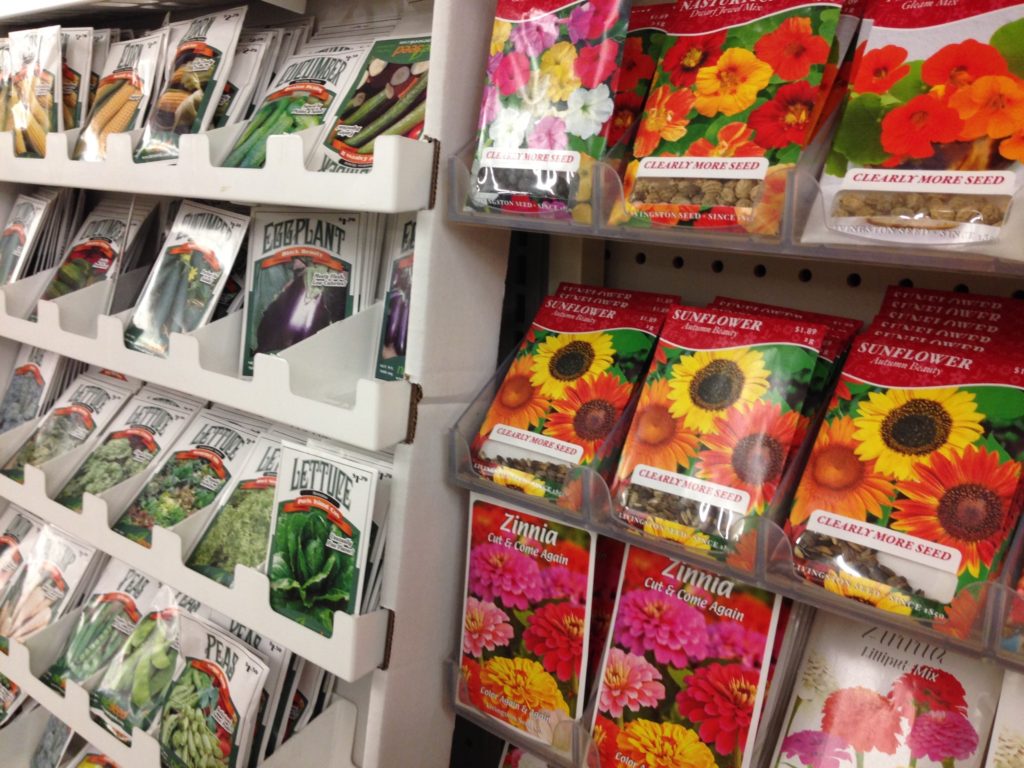
When your kids grow up, do you want them to have healthy sex lives? When they’re adults, do you hope they have pleasurable, responsible, fun sexual experiences? Of course you do. We don’t want our kids to have sex too early, we don’t want them to get hurt, and we don’t want them to risk life-changing negative consequences. But eventually, we want sex to be a good thing in their lives.
If that’s the crop you want to harvest, what seeds are you planting today?
There are countless interactions with and around our kids that can influence their later sexual health, in large ways and small. Some are big-deal conversations; others are so subtle you might not even notice them. As much as possible, try to pay attention to the possible long-term consequences of what your kids see, hear, and experience. Which will become weeds in their sexual garden, and which will help beautiful flowers to grow years from now?
For instance:
If you avoid talking about sexuality, you plant the sense that it’s a bad thing. That grows into the feeling that there’s “something wrong with me” for having sexual thoughts and feelings.
If you use evasive language and euphemisms, you sow confusion.
If you get angry or dismissive when kids ask about sexual topics, you mix fear and distress into the soil of their sexuality garden.
If you tease kids about what they don’t know or for having a crush, you sow distrust and shut down communication.
If you reinforce stereotypes about men and women, you limit the kinds of beautiful flowers that might grow.
If you answer questions about sex calmly, you plant the sense that sexuality is natural and something we can talk about with the people close to us.
If you teach them to admire and care for their bodies (all the parts of their bodies), you plant the deep-rooted belief that their bodies are worthy of being treated lovingly.
If you cuddle them in gentle, non-pushy ways, you plant comfort with loving touch. You also weed out desperation for human contact that can cause people to turn to sex too early or indiscriminately.
If you treat your own partner with love and respect, that’s rich, fertile topsoil from which your kids’ later healthy relationships can grow.
If you offer guidance and perspective about sexuality, you pull out the weeds of misinformation and distortion that come from peers and pop culture.
It may be many years before your child is ready for sex. But it’s never too early to sow the seeds and nurture the small plants that will grow into a beautiful, mutually respectful sex life when the time comes.